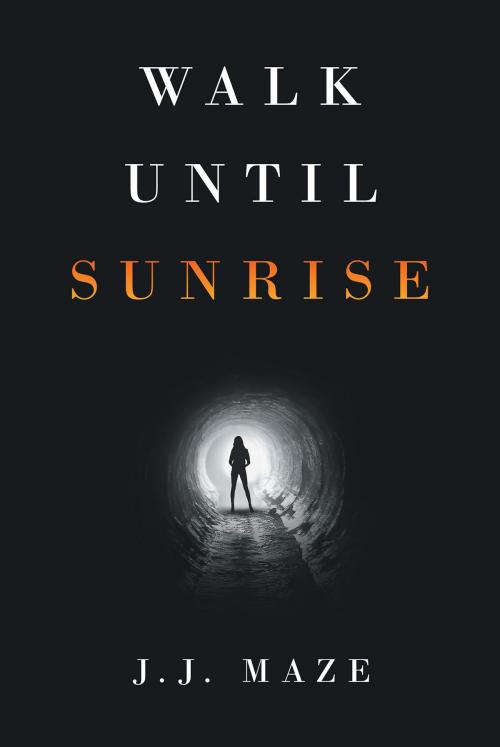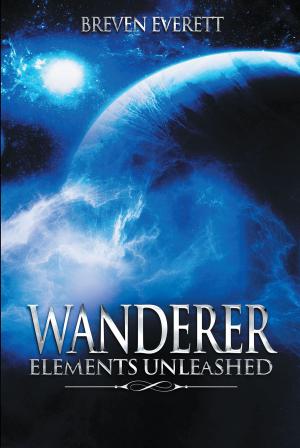| Author: | J.J. Maze | ISBN: | 9781640822986 |
| Publisher: | Page Publishing, Inc. | Publication: | November 16, 2017 |
| Imprint: | Language: | English |
| Author: | J.J. Maze |
| ISBN: | 9781640822986 |
| Publisher: | Page Publishing, Inc. |
| Publication: | November 16, 2017 |
| Imprint: | |
| Language: | English |
Where is the point of no return? She almost found out.
J. J. Maze’s Walk Until Sunrise is a raw observation of her experience as a fifteen-year-old runaway and the circumstances leading up to that crucial brink.
Her theatre of life was beautiful and unstable. The family unit consisted of a firebird of a mother, the shadow of a nonexistent father, and her silent older sister. Early childhood was a confusing blur because of Ralph, the older Jewish man that was presented as dad. You see, Mom and Dad were white, but J. J. (Heather) and her sister were at least tan. Hmmm. Ralph’s sudden death triggered a sequence of events, which quickly transferred Midwest values to a West Coast backdrop. In a matter of weeks the feminine trio went from living in a ranch house in upper-middle-class Robbinsdale, Minnesota, to an old Chevy Impala parked at the back of a Bay Area alley. The shift in status was just what was needed to send Mom into a full-blown state of mental anguish. This made life difficult—so did the lack of money, and the overabundance of cats, chickens, ducks, dogs, and men. The colorful palette of 1970s California culture, sex, poverty, and paranoia created a highly stimulating but unsustainable environment.
Tensions built up over the years and escalated to an intolerable din. J. J. took off, and a wilderness experience of epic proportions ensued. The contrasting settings she shifted through (LA, Vegas, Mexico, and Arizona) overwhelmed her. Things happened. Bad things . . . She kept running, and as she “bumper-carred” through the valleys of manipulation, rape, survival, and isolation, she consistently came to the same conclusion: people are bad. Yet she couldn’t stand to be alone.
Where is the point of no return? She almost found out.
J. J. Maze’s Walk Until Sunrise is a raw observation of her experience as a fifteen-year-old runaway and the circumstances leading up to that crucial brink.
Her theatre of life was beautiful and unstable. The family unit consisted of a firebird of a mother, the shadow of a nonexistent father, and her silent older sister. Early childhood was a confusing blur because of Ralph, the older Jewish man that was presented as dad. You see, Mom and Dad were white, but J. J. (Heather) and her sister were at least tan. Hmmm. Ralph’s sudden death triggered a sequence of events, which quickly transferred Midwest values to a West Coast backdrop. In a matter of weeks the feminine trio went from living in a ranch house in upper-middle-class Robbinsdale, Minnesota, to an old Chevy Impala parked at the back of a Bay Area alley. The shift in status was just what was needed to send Mom into a full-blown state of mental anguish. This made life difficult—so did the lack of money, and the overabundance of cats, chickens, ducks, dogs, and men. The colorful palette of 1970s California culture, sex, poverty, and paranoia created a highly stimulating but unsustainable environment.
Tensions built up over the years and escalated to an intolerable din. J. J. took off, and a wilderness experience of epic proportions ensued. The contrasting settings she shifted through (LA, Vegas, Mexico, and Arizona) overwhelmed her. Things happened. Bad things . . . She kept running, and as she “bumper-carred” through the valleys of manipulation, rape, survival, and isolation, she consistently came to the same conclusion: people are bad. Yet she couldn’t stand to be alone.















